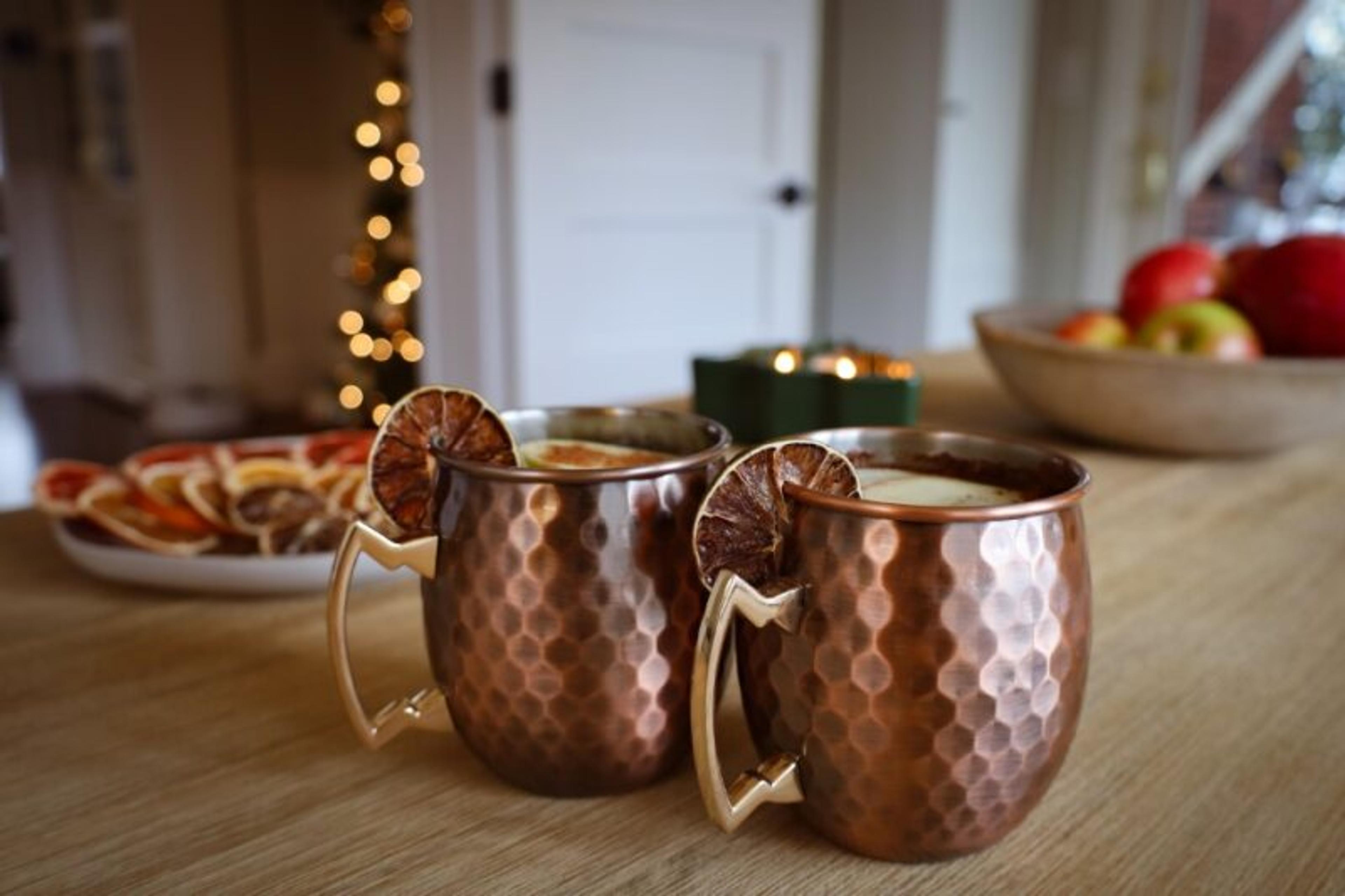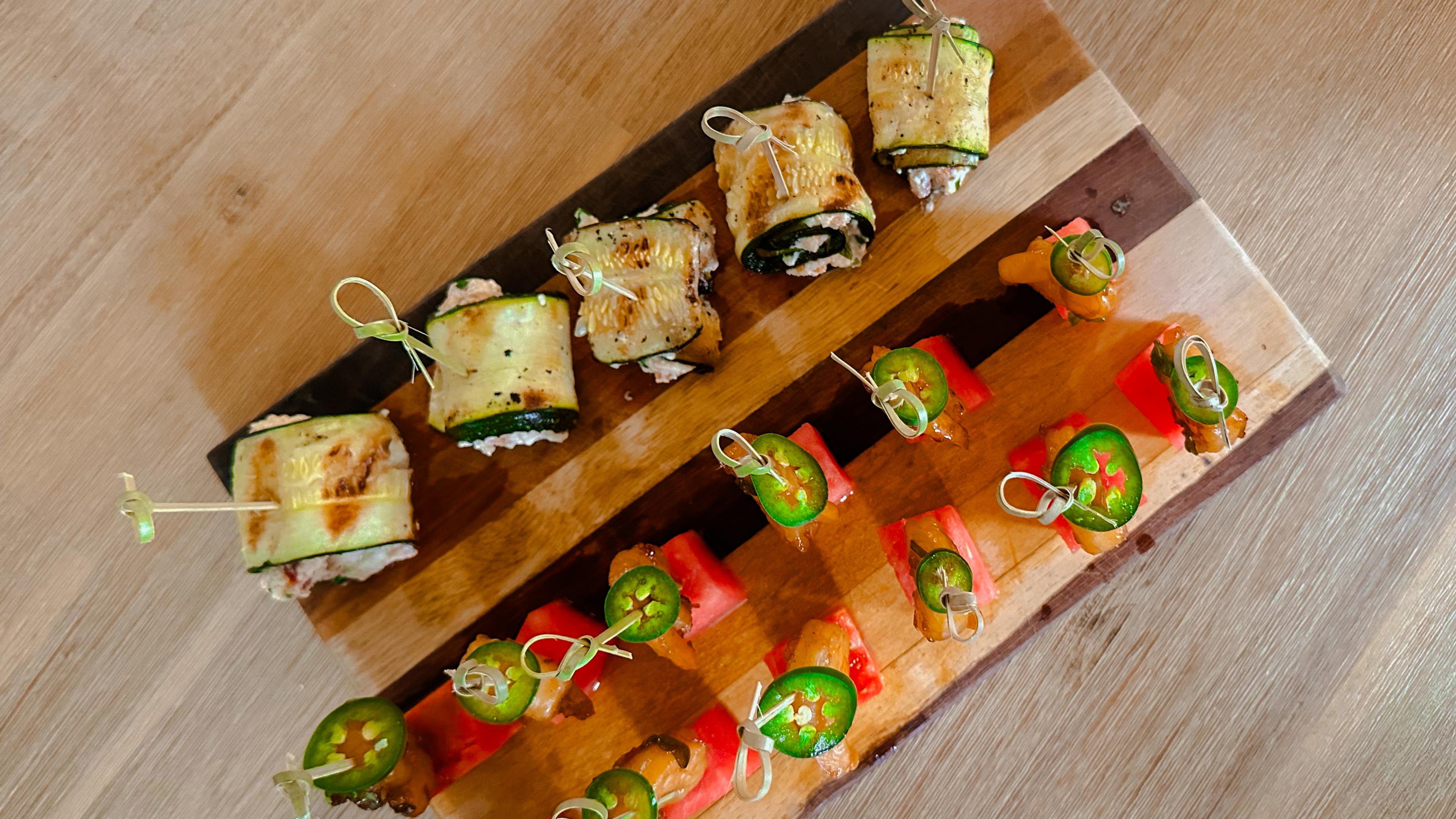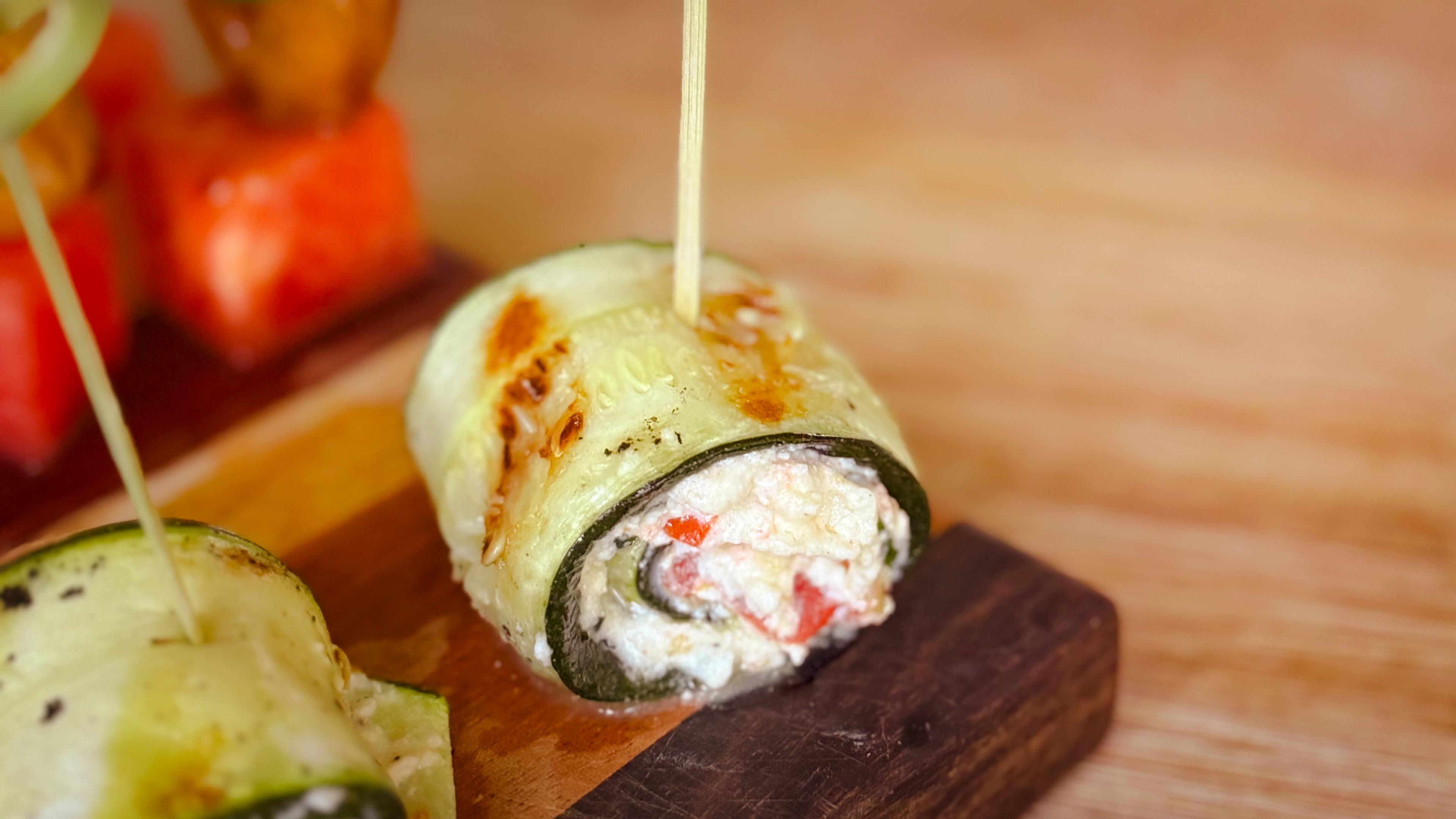What is a Mocktail?
Shandra Martinez
| 3 min read

Maybe you’ve noticed something like this when you’re out for dinner or drinks with friends: Everyone at the table orders something different and when the drinks arrive, you notice the fruity concoction your friend ordered looks great. It’s colorful, fizzy - and doesn’t have a drop of alcohol in it. We’re in an era known as the rise of the mocktail. And it’s likely to stick around for a while. What is a mocktail? For the uninitiated, here’s a primer on what they are and why they’ve become so popular.
What are mocktails?
Mocktails are “mock” cocktails - or cocktails without alcohol. They’re also called virgin drinks or simply non-alcoholic drinks. They can be prepared as classic cocktails minus the alcohol, or be fresh creations that offer a certain flavor profile like tropical or berry. The bottom line for these drinks is they are all about the taste.
They can include one fruit juice or a blend of juices. They can get fizzy with seltzer or flavored bubbly water. They can have chunks of fruit, flavored syrups and all kinds of fancy garnishes. Some are botanical and herby. Some can be bitter. Some even come served in frosted glasses, margarita bowl-shaped glasses, or champagne flutes.
Why are mocktails so popular?
This has quickly become a golden age for mocktails and other non-alcoholic drinks. Instead of offering just one or two non-alcoholic drinks like in decades past, current restaurant and bar menus often have a whole array of creative mocktails, or at least a note that any of their blended drinks can be made without alcohol.
The mocktail surge matches up with healthier lifestyle choices more people are making these days. An increased focus on wellness has lots of people decreasing their alcohol consumption, or cutting it out all together.
According to the Centers for Disease Control and Prevention, drinking too much alcohol over time can cause long-term health risks. These include:
- High blood pressure
- Heart disease
- Increased risk of stroke
- Liver disease
- Breast cancer and other cancers
- Mental health problems like depression and anxiety
- Family issues and job-related problems
Lifestyle polls have shown that younger generations are the ones drinking less alcohol these days, and are likely the crowd most drawn to this new array of mocktails and non-alcoholic drinks. One University of Michigan study found that the number of college-age people who say they don’t drink alcohol has increased from 20% to 28% over the last 20 years.
And a Berenberg Research report that quizzed members of Gen Z (people born between 1997 and 2012) found that 64% of those polled said they plan to drink alcohol less frequently as they age.
Popular mocktail recipes
Ordering hand-crafted mocktails at a bar is a fun experience, whether you get one for yourself or your group orders several to share. But you can also make them at home with just a few simple ingredients. Here are a few recipes we love:
Fresh-squeezed Mimosa cocktails: Try this non-alcoholic version of a classic brunch cocktail. It’s refreshing, gives you the citrusy flavor of a Mimosa and is made with fresh juice and a little fizz.
Sip a taste of summer with this layered frozen strawberry and mango mock-a-rita.
Espresso martini mocktail: Coffee lovers, go find your oat milk, cocoa and brown sugar for this sweet creation.
The Cozy Cran: A little citrus, some cranberry and a burnt orange slice as an attention-grabber.
Photo credit: BCBSM





